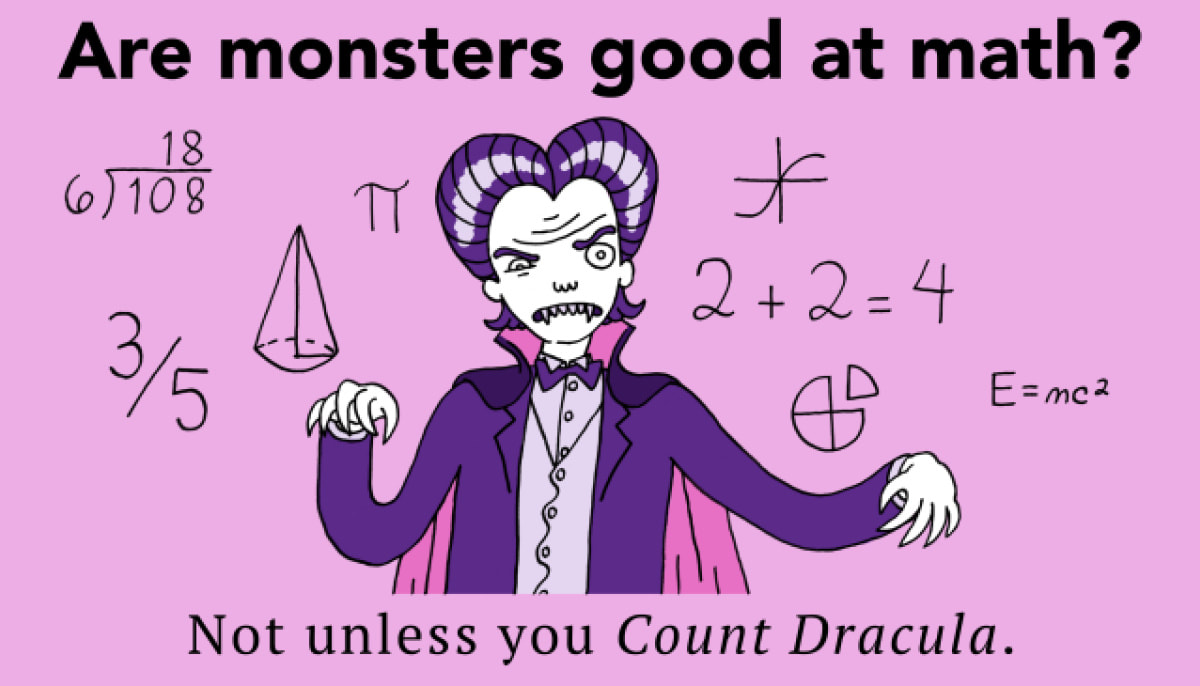Mere mortals find Maths, or the Sciences for that matter, complex and difficult. The ‘mental model’ we have of learning these subjects are about overcoming fear, and hard toil, unless of course you are born with it like ‘Einstein’. And getting into an IIT is like the ultimate test, involving extreme penance and a complete sacrifice of worldly pursuits. (An interesting take on this can be seen in this web series centred around young IIT aspirants)
And then I saw an ad for an education company challenging this mental model. In this the teacher proves the Pythagoras theorem in a matter of seconds by playfully labelling, slicingand shifting a number of lines and triangles within a square, before triumphantly declaring that a2+b2 is indeed equal to c2!
Whether or not they succeed in changing learner perceptions, only time will tell....
But figuring out the prevailing ‘mental model’ of a category can help marketers decide to locate themselves within its safe confines, or explore possibilities of breaking free from it. For instance, the myth around antiseptic liquids are that they are aggressive and uncompromising – literally burning away the evil, ‘invading’ germs. A brand in that category allegedly failed because it tried to change that model.
A more modern category - food delivery apps, have helped in creating a myth of abundance - of indulgence available on tap. This is in stark contrast to fixed mealtimes and special occasions.
For more on mental models, you can reads ‘’Soap-powders and Detergents” – a delightful essay by Barthes in the classic collection Mythologies.
Getting back to Pythagoras, not long ago I read this entertaining book called Alex’s Adventures in Numberland, which attempted to, as the cover claimed, “reclaim mathematics from the geeks”This book had dedicated a longish section to Pythagoras and his famous theorem – and a variety of different proofs of it. (From Liu Hui in 3rd century China to Da Vinci to Dudeny the famous puzzler). Just like in the ad mentioned earlier, I was left with the feeling that only those who already understood the proofs, would understand it again!
A more modern category - food delivery apps, have helped in creating a myth of abundance - of indulgence available on tap. This is in stark contrast to fixed mealtimes and special occasions.
For more on mental models, you can reads ‘’Soap-powders and Detergents” – a delightful essay by Barthes in the classic collection Mythologies.
Getting back to Pythagoras, not long ago I read this entertaining book called Alex’s Adventures in Numberland, which attempted to, as the cover claimed, “reclaim mathematics from the geeks”This book had dedicated a longish section to Pythagoras and his famous theorem – and a variety of different proofs of it. (From Liu Hui in 3rd century China to Da Vinci to Dudeny the famous puzzler). Just like in the ad mentioned earlier, I was left with the feeling that only those who already understood the proofs, would understand it again!


